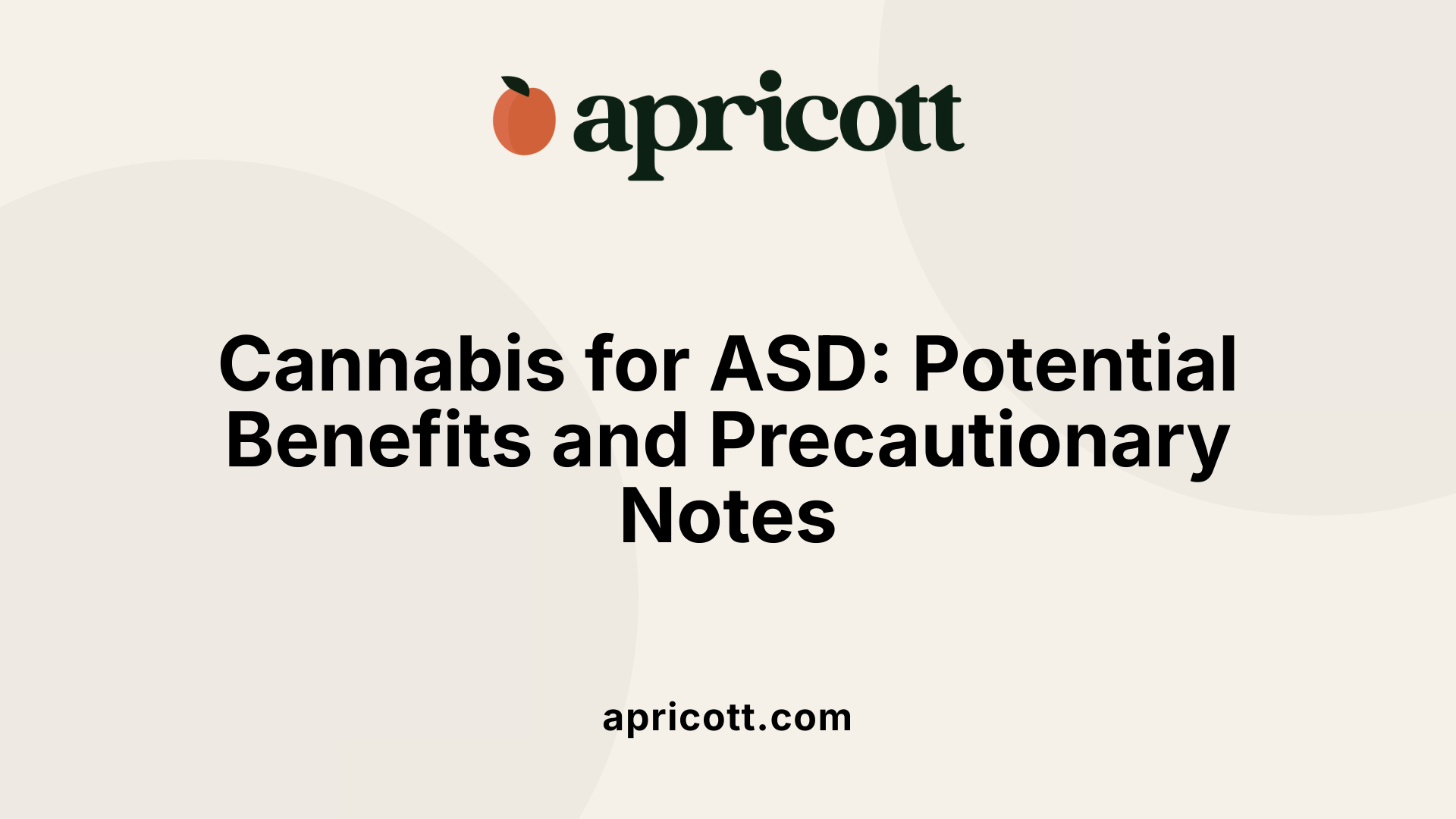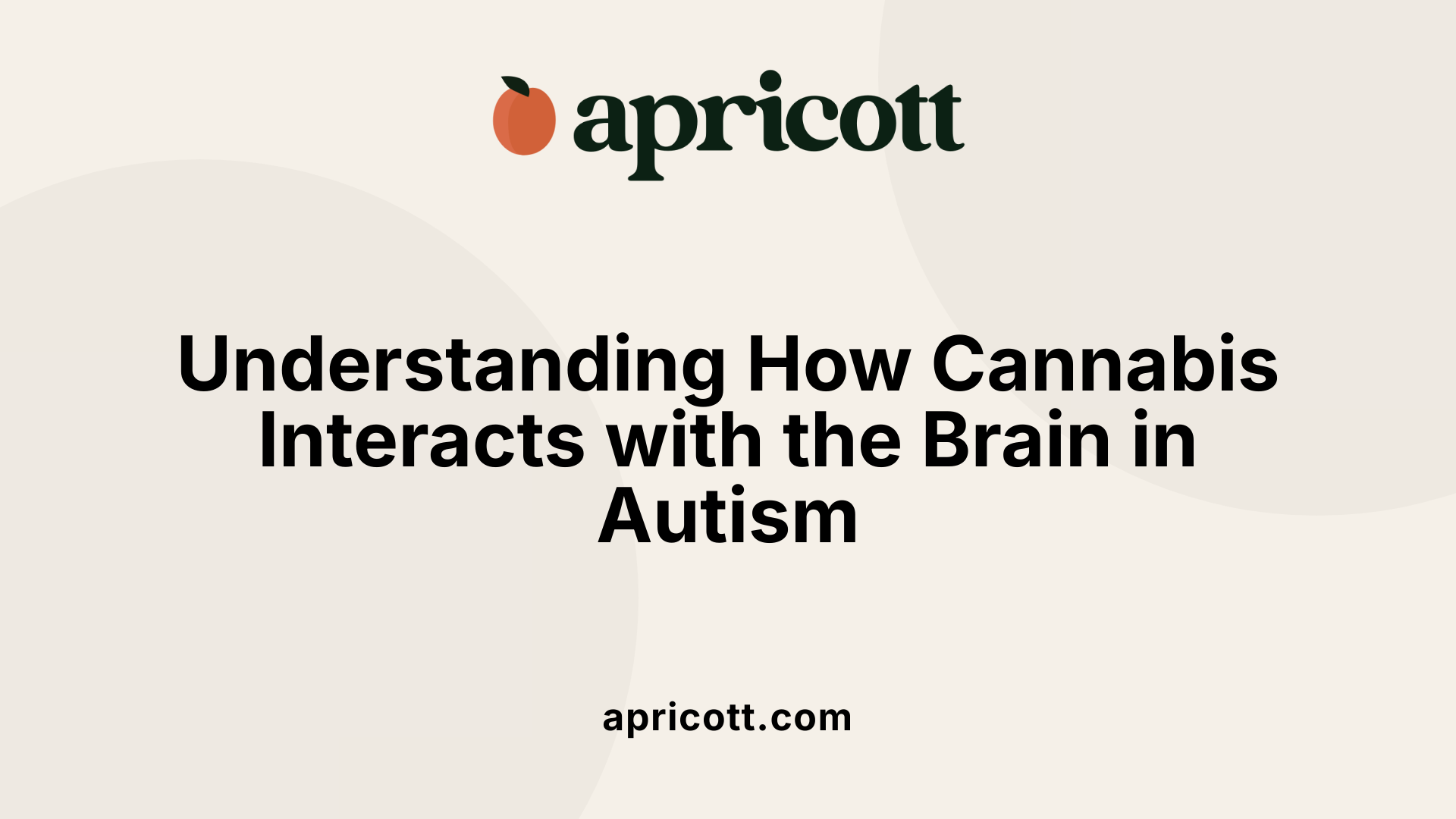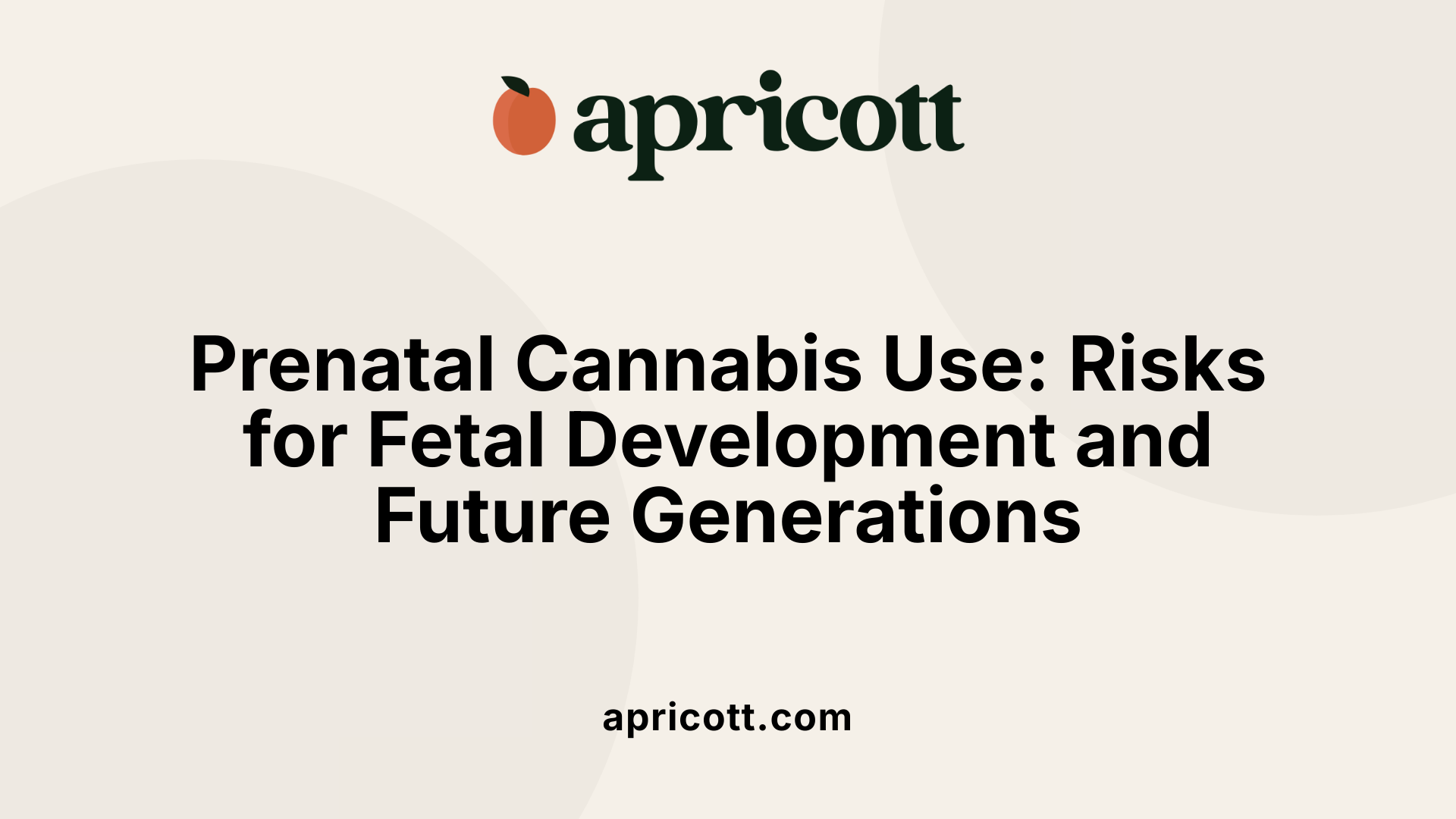September 23, 2025
Exploring the Complex Relationship Between Cannabis and Autism Spectrum Disorder
Recent scientific research indicates potential therapeutic roles for cannabis and cannabinoids in managing some symptoms associated with autism spectrum disorder (ASD). While these findings are promising, they are still preliminary, requiring cautious interpretation and further rigorous clinical trials. This article aims to synthesize current knowledge about the science, benefits, risks, and ethical considerations surrounding marijuana use and autism.

Research on the use of cannabis for ASD is still in the early stages, but it offers some promising insights. Several studies suggest that cannabis and its derivatives, especially cannabidiol (CBD), might help alleviate some symptoms associated with ASD. These symptoms include hyperactivity, irritability, anxiety, sleep problems, and social difficulties.
Some observational studies and reviews, which analyzed multiple research projects, have found that cannabis products can lead to improvements in cognition, sensory processing, attention, and language skills in individuals with ASD. Families and caregivers have reported reductions in aggressive behaviors, self-mutilation, and emotional outbursts when using cannabis-based treatments. CBD, which is non-psychoactive, appears particularly beneficial in managing social interactions and anxiety, with minimal side effects.
Most adverse effects observed in studies are mild, such as sleep disturbances, restlessness, nervousness, and appetite changes. Importantly, these effects are generally transient and manageable. Erring on the side of caution, organizations like Autism Speaks highlight the necessity for more controlled clinical trials to confirm these preliminary findings.
Despite the encouraging signs, current scientific evidence does not definitively prove the safety or effectiveness of cannabis in treating ASD. The majority of research remains observational or small-scale, and there are no large randomized controlled trials yet. This means that while initial findings are promising, the field requires more rigorous studies to establish reliable treatment protocols and to understand possible long-term effects.
In summary, cannabis shows potential as a supplementary treatment for certain ASD symptoms, but scientific consensus calls for careful validation through comprehensive clinical research before widespread adoption.

Research suggests that cannabinoids could help manage some symptoms of autism spectrum disorder (ASD). Studies have shown that cannabis products may reduce hyperactivity, aggression, irritability, self-injurious behaviors, and sleep issues. Many individuals with ASD also experience improvements in cognition, sensory processing, attention, and social skills when using these compounds.
A prominent component, cannabidiol (CBD), which is non-psychoactive, has received attention for its potential to alleviate anxiety, agitation, and seizures associated with ASD. Parents and caregivers have reported positive changes, especially concerning behavioral and emotional symptoms.
However, the current evidence is mostly preliminary. Most studies are observational or based on small samples, and there are no large-scale randomized controlled trials (RCTs) conclusively confirming effectiveness or safety.
On the safety front, the most common adverse effects are mild and temporary, including sleep disturbances, restlessness, nervousness, and appetite changes. Despite these transient effects, there are broader concerns about the long-term impacts of cannabis use, particularly in children and adolescents. Early exposure, especially to THC, can potentially influence brain development and increase risks for neuropsychological issues such as dependency or psychosis.
Given the limited high-quality evidence and potential risks, medical professionals urge caution. They emphasize the importance of consulting healthcare providers before considering cannabinoids as a treatment option for individuals with ASD. Ongoing research is needed to better understand proper dosing, long-term safety, and any developmental concerns.
In summary, while cannabinoids hold promise as a therapeutic tool for ASD symptoms, substantial scientific validation and safety assessment are still forthcoming. Expert guidance and careful monitoring are crucial when exploring this treatment avenue.

Cannabinoids, especially cannabidiol (CBD), influence the brain by interacting with the endocannabinoid system (ECS), a crucial regulator of neurodevelopment and neural activity. This system involves receptors like CB1 and CB2, along with endogenous ligands that help maintain neural balance.
In individuals with autism spectrum disorder (ASD), this balance is often disrupted, affecting neurotransmitters such as glutamate and GABA. Cannabinoids can modulate these neurotransmitters, helping to restore normal signaling and potentially alleviating symptoms like anxiety, hyperactivity, and social difficulties.
Furthermore, cannabinoids impact brain circuitry by reducing neuroinflammation — a feature observed in ASD — and modulating microglial activity, which influences brain development and immune responses.
Research suggests that these effects may lead to improvements in cognition, sensory sensitivity, attention, and social interaction. While most observed effects are mild or transient, the detailed mechanisms are still being studied.
In summary, cannabinoids may help by regulating key neurochemical pathways and immune responses within the brain, offering a promising avenue for managing ASD symptoms. More clinical trials are needed to fully understand how they can be used effectively and safely.

Recent research highlights potential concerns about cannabis use during pregnancy and its effects on offspring. Studies involving large populations in Australia, such as a survey of over 222,000 mother-offspring pairs, have identified a significant increase—about threefold—in the risk of autism spectrum disorder (ASD) in children born to mothers diagnosed with cannabis use disorder (CUD). This risk appears to be higher in male children compared to females.
Animal studies further support these findings. In research using pregnant rhesus macaques, exposure to tetrahydrocannabinol (THC), the psychoactive component of cannabis, led to notable changes in fetal and placental DNA methylation patterns. These modifications involved genes associated with neurobehavioral disorders, including autism. Such epigenetic alterations suggest that prenatal cannabis exposure can interfere with normal neurodevelopment, potentially increasing the risk of ASD.
DNA methylation is an epigenetic mechanism that can regulate gene expression without changing the underlying DNA sequence. Changes in methylation patterns—such as hypomethylation—have been observed in the sperm of men who use marijuana. Specifically, the DLGAP2 gene, linked to autism, showed decreased methylation levels in these sperm. Similar patterns were identified in rat models exposed to THC, with alterations found in both sperm and the forebrain of offspring, suggesting possible intergenerational inheritance of these epigenetic changes.
The research indicates that methylation changes caused by cannabis exposure may be inherited. The findings from rat studies reveal that offspring of THC-exposed fathers exhibited similar gene expression patterns associated with neurodevelopmental disorders. This raises concerns that paternal cannabis use not only impacts the individual but may also influence the neurodevelopment of future generations.
Health organizations such as Autism Speaks advise caution, emphasizing that current evidence suggests potential developmental risks associated with cannabis use during pregnancy. While definitive causal links are still under investigation, the existing studies underscore the importance of avoiding cannabis during pregnancy to prevent possible epigenetic disruptions that could contribute to ASD and related neurobehavioral conditions.
| Aspect | Findings | Further Notes |
|---|---|---|
| Population Studies | Higher ASD risk in children of mothers with cannabis use disorder | Nearly three times higher risk in some studies |
| Animal Research | THC exposure alters fetal DNA methylation | Involving genes linked to neurodevelopment |
| Epigenetic Changes | Hypomethylation of autism-related genes in sperm | Pattern observed in both humans and rats |
| Transgenerational Evidence | Potential inheritance of altered methylation | Impacts on offspring neurodevelopment |
While recent studies highlight the potential for cannabinoids to improve certain autism symptoms, the evidence base remains insufficient to recommend widespread use. The risks associated with prenatal exposure, neurodevelopmental alterations, and the long-term safety profile underscore the necessity for rigorous research. Healthcare providers and families must proceed cautiously, emphasizing evidence-based practices and individualized care. As scientific inquiry continues, a clearer understanding of the benefits and dangers of marijuana in autism treatment will be essential to formulate safe, effective therapeutic strategies.